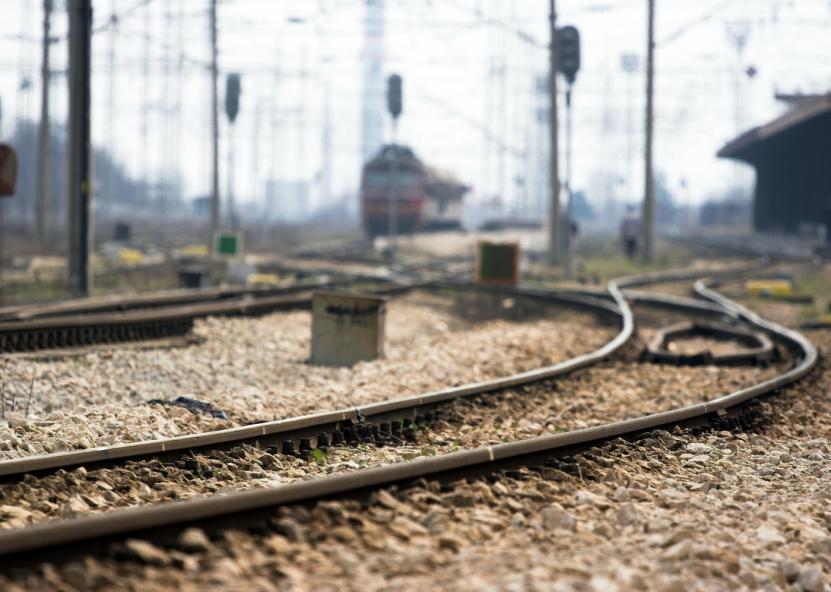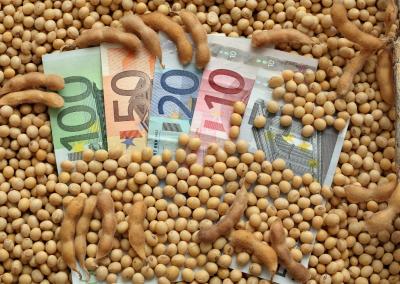M. Dubnikov: Belarus' decision to stop imports will have no impact on Lithuania
Economist Marius Dubnikovas says that Belarus's decision to impose sanctions on imports from Lithuania will not affect our country, as trade and business relations with the Lukashenka regime have been practically terminated.
„Iš in principle, Lithuania will not be affected, because trade and business relations with the šia regime šalice are practically šsometime broken. The overall economy will not be affected, and neither will the sectors. There will certainly be companies that will find it difficult, because for some reason they are still doing business with Belarus," Mr Dubnikov told Elta.
„There will be some negative stories, and there may be some, but overall it will not affect Lithuania“, – he noted.Paradoxically, according to Mr Dubnikov, the Belarusian decision may allow the European sanctions to work even better. And the Luka&scaron&scaron& enka regime, he said, is further isolating itself from the civilized world.
„Such a ban may make sanctions work better, paradoxically. Another thread is broken, and I would see this as a positive, because we don't have the luxury of having relations with Belarus, and for them to pull away from their side, we just need to make fewer decisions," the economist said.
„Belarus is isolating itself because it has its own ruling regime and is friends with an even more criminal regime in Russia. It remains isolated from the entire civilised world and with every step it takes that isolation increases," he said.
The economist argued that most of Lithuania's transport business should not be affected either, as most of the companies in the sector are fully oriented towards the West. And those who did business with Russia and Belarus, he said, were aware of the risks and they were starting to materialise.
„Most of Lithuania's transport business is already fully Western-oriented. Some small carriers have a relationship with Russia and that part of Asia through which various goods may potentially move to the same Russia. One can have concerns, but everyone who does business with Belarus, through Belarus, with Russia, through Russia knows the risks," said Mr Dubnikov.
„Now to say that something has changed, nothing has changed, it's just that those risks are being realised, and the reason for working on this is that the margins are higher than normal and the risks have been taken. Risks are realised, whoever did it is uncomfortable, but that's the reality," he stressed.
ELTA recalls that Belarus announced on Thursday that it is starting to block imports of various goods from Lithuania in retaliation for the closure of two more border checkpoints by its neighbour.
Lithuania, which hosts a large number of Belarusian opposition activists and is a perceived supporter of Ukraine, closed two border crossings at the beginning of March, after two other checkpoints were already closed last year for security reasons.
Belarus said the new import ban applies to a wide range of goods, including food and alcohol, clothing, household appliances, car parts and construction equipment.
The move „is a response to Lithuania's decision to stop the flow of goods, transport and people at two border checkpoints“, the Belarusian government said in a statement„.
Lithuania's relations with Belarus have been strained for years, but have worsened since the 2020 Belarusian presidential election, which opponents say was rigged.
Lithuanian border guards say almost 390,000 Belarusian citizens crossed the border last year, about 50% more than in 2022.
According to the Ministry of Foreign Affairs, the trade turnover between Lithuania and Belarus was €2.2 billion in 2022, ranking 14th among Lithuania's trading partners.
Lithuanian exports that year amounted to €1.45 billion (10th place among export markets), with exports of Lithuanian origin amounting to €78.2 million. Imports from Belarus in 2022 amounted to €769.5 billion (18th among import markets).
Belarus' overall imports are mainly crude oil, natural gas, cars, vehicle parts, packaged medicines and broadcasting equipment. Lithuania's main exports to Belarus in 2022 are land vehicles (43% of total exports), pharmaceuticals (8%).










































































































